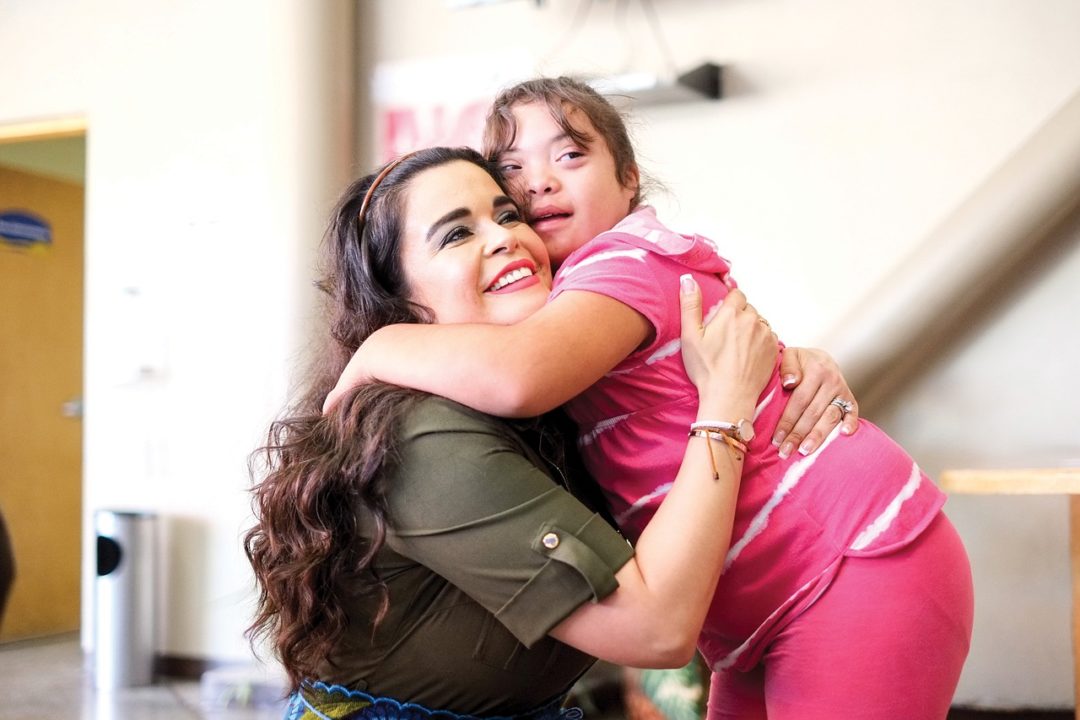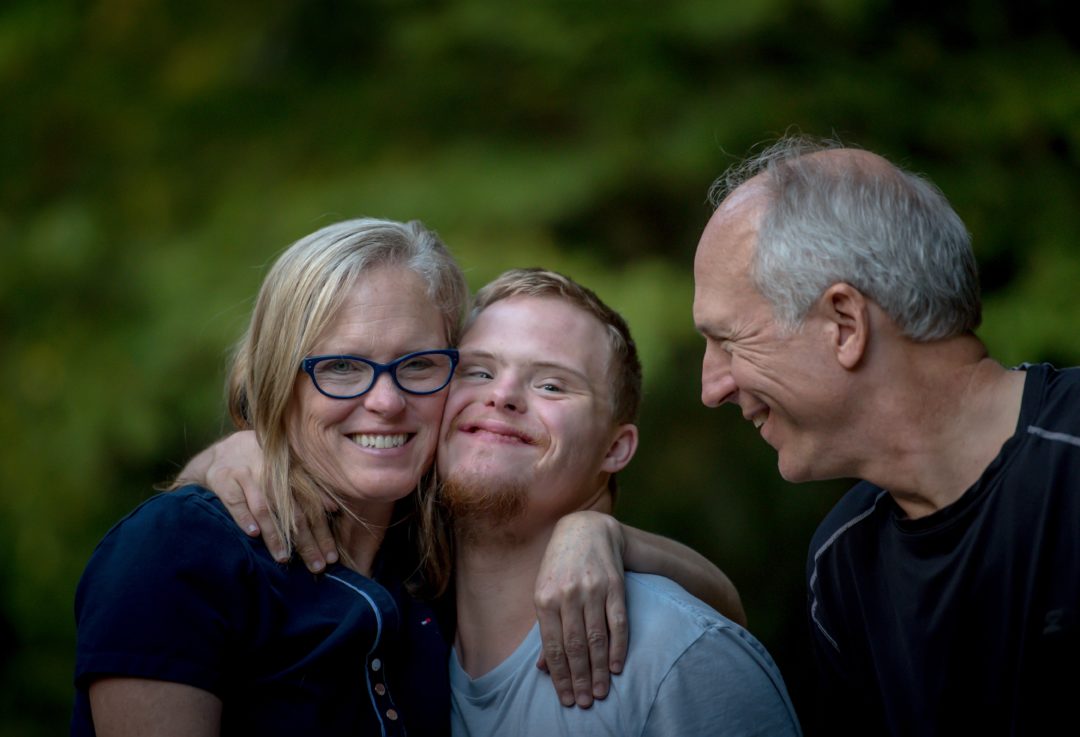
Today’s children need qualified teachers to reach their full potential. However, there are some students who need more than what the average teacher can provide. That’s where a Special Education degree comes in.
What Is a Special Education Degree?
A special education degree is a degree in education with an emphasis on helping students with special needs. Special needs refers primarily to learning difficulties or disabilities. It may also include students who have physical handicaps that make learning harder, such as extremely poor vision or difficulty hearing.
What Do you Need to Obtain a Special Education Degree?
It’s possible to pursue a special education degree at the undergrad level, however most special education programs are postgraduate studies. Naturally, if you have a bachelor’s degree in education, getting a master’s in special education would be a logical continuation of your studies.
Besides the time and resources needed to graduate successfully, you should also take your personality into account. Special education requires a great deal of patience, as you will likelybe working with people who just don’t “get it” the first time.
Empathy is also extremely important, especially when working with parents and colleagues. While you might only see a special needs student for a brief time, others provide for them 24/7!
Is There a Need for Professionals With Special Education Degrees?

Image Source: Pexels
Absolutely! In the past 20 years, school systems have given special needs more attention. In the past, unruly students were seen as poorly disciplined or disrespectful. Now we understand the mechanisms behind ADHD and treat them appropriately.
Special needs students in your parents’ classrooms probably weren’t diagnosed at all. Teachers likely just considered them “slow” or “not quite with it”. Now we have a better understanding of what makes them that way.
Now that we are more aware of special needs, there is a greater demand for teachers who can handle them. Although the demand is highest in the classroom, getting a special education degree doesn’t mean you’ll exclusively be working as a teacher. Let’s look at some of the many possibilities for graduates with a special education degree.
What Careers Are Open to People With Special Education Degrees?
Absolutely! In the past 20 years, school systems have given special needs more attention. In the past, unruly students were seen as poorly disciplined or disrespectful. Now we understand the mechanisms behind ADHD and treat them appropriately.
Special needs students in your parents’ classrooms probably weren’t diagnosed at all. Teachers likely just considered them “slow” or “not quite with it”. Now we have a better understanding of what makes them that way.
Now that we are more aware of special needs, there is a greater demand for teachers who can handle them. Although the demand is highest in the classroom, getting a special education degree doesn’t mean you’ll exclusively be working as a teacher. Let’s look at some of the many possibilities for graduates with a special education degree.
Teaching Careers With a Special Education Degree
Obviously this is the biggest area of opportunity for special education graduates. As more and more children are diagnosed with various learning disorders, schools have started to search for specialized teachers.
Becoming a teacher with a background in special education could simply mean being a regular teacher! Your added knowledge of how to handle special needs is going to make you a coveted professional for any classroom.
However, if you are looking to put your degree to more use, you can become a teacher who exclusively works with special needs students. Many schools have some form of individualized education for students with learning difficulties. In some cases, these students are grouped together for one person to work with.
You may also be called in to act as a teacher’s assistant or second teacher. Perhaps you will work with the handful of students who need your advanced knowhow, while the primary teacher will cover the regular daily lesson duties.
But if you think that teaching may not be for you, there are plenty of other jobs you can do with a special education degree.
Educational Careers
Say you want to get out of the classroom and you’re looking for a change. What do you do? Well, you don’t have to go very far to find yourself doing something completely different. There are many educational careers that don’t involve being in front of a class every day.
Program Coordinator
You could become a Special Education Program Coordinator. These people spend more of their time in the office, designing strategic pedagogical intervention for special needs students.
Testers
If being cooped up in an office all day doesn’t sound like you, don’t worry! You can still have hands-on experiences with students. Every school needs a Special Education Tester, or someone who can screen students for learning disorders. A similar position is the “Educational Diagnostician”, whose job is to diagnose learning difficulties and provide a plan to other teachers.
Your knowledge of learning problems will be used to help your colleagues teach these students. Catching a learning difficulty as early as possible is crucial for students’ future success. With your well-trained eye, meaningful intervention can begin sooner, rather than later.
Counseling
You can also transition into counseling jobs within the education system. Given that you already have a background working with special cases, your ability to guide students will be much appreciated.
But what if you’re totally tired of the education system? What if you would rather be 6 feet under than in a school? Well, don’t panic, there are still plenty of other options.
Rehabilitation Careers
Rehabilitation careers will have you working one-on-one with individuals who have physical disorders that impede the learning process.
For example, you could become a Speech Pathologist. Many disorders, such as Parkinson’s or Cerebral Palsy, can make speech difficult. You can help people overcome their speech impediments with your special education degree.
Although we usually think of special education as involving children, you can also work closely with adults! People who suffer brain damage in an accident may need to relearn some basic tasks. Your patience and interpersonal skills will go a long way towards their recovery.
Supporting Education From a Distance

Image by Igor Link from Pixabay
Maybe the classroom isn’t for you, but you still want to make education better for others. You’re in luck, because there are quite a few jobs for people like you!
Consultant
If you’ve been teaching for a long time, then you’ve accrued a lot of experience that could be valuable for others. As an Educational Consultant, you can focus on improving the education system in schools by working directly with administrators. Or you can help teachers to develop their skills by hosting seminars or teaching in a university.
Providing Curriculum
Both teachers and students need good materials to work with. You could get a job producing those materials by working in the publishing industry. Educational publishing is a massive business, with large companies like Pearson and MacMillan selling millions of copies of textbooks.
All of those books need to be written, reviewed, and updated periodically as new events and politics change the educational landscape. Getting a job in this area will require strong writing skills.
Advocacy
If your passion for helping students is strong, but you find the classroom tiring, look into advocacy. There are numerous NGOs that work to improve education systems by implementing new methods and techniques in the classroom. They push for changes to curriculums and encourage school directors to adopt new best practices.
You can stand on those front lines by working for an advocacy group. But if you want to sit on the other side of the aisle, look into government jobs. While they will expect you to have significant experience, your special education skills can give you a leg up over others.
Tutoring Jobs
While you probably won’t make a full career out of individual tutoring, it can be a great way to supplement your income. The disadvantages are that private lessons tend to involve more travel distance and customers will frequently cancel, making your schedule somewhat erratic.
But with a special education certification you can command a decent hourly rate and will have your choice of people to work with. Parents with special needs kids have a hard time finding qualified people to teach their children.
You can also tutor remotely via Skype too! This option won’t work for every student of course, but it can help fill those gaps in your schedule.
Conclusion

Photo by Nathan Anderson on Unsplash
Nelson Mandela once said that education is the most powerful weapon we can use to change the world. If that’s the case, then special education is perhaps the most precise weapon. With a special education degree, you become an education sharpshooter, picking off problems that other people just can’t.
If helping others and making their lives better is your goal, then getting a degree in special education is the perfect place to start. You will have a meaningful impact on others’ lives. Ultimately, you can find a very fulfilling career by taking this big first step.
Featured Image by Ernesto Eslava from Pixabay


